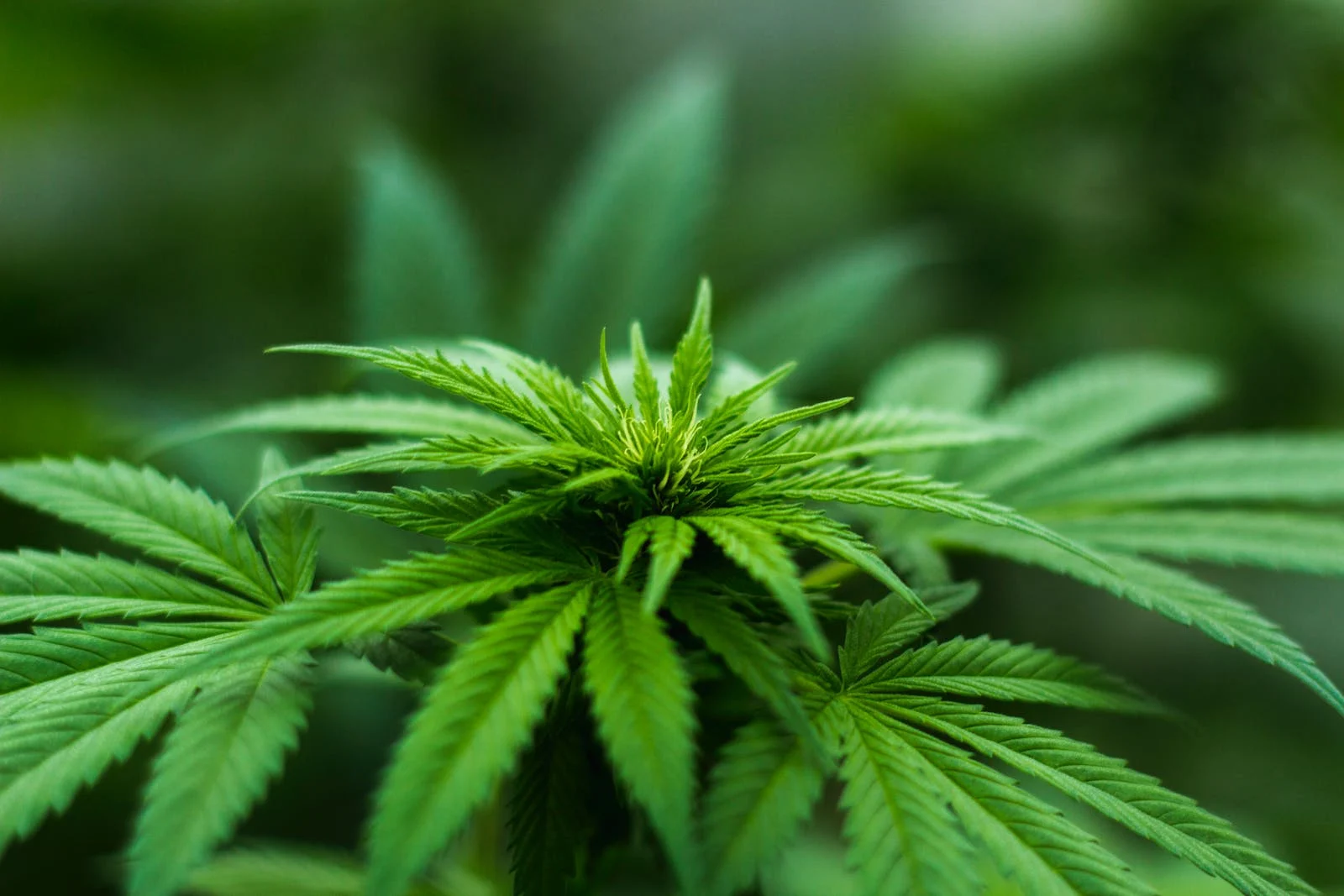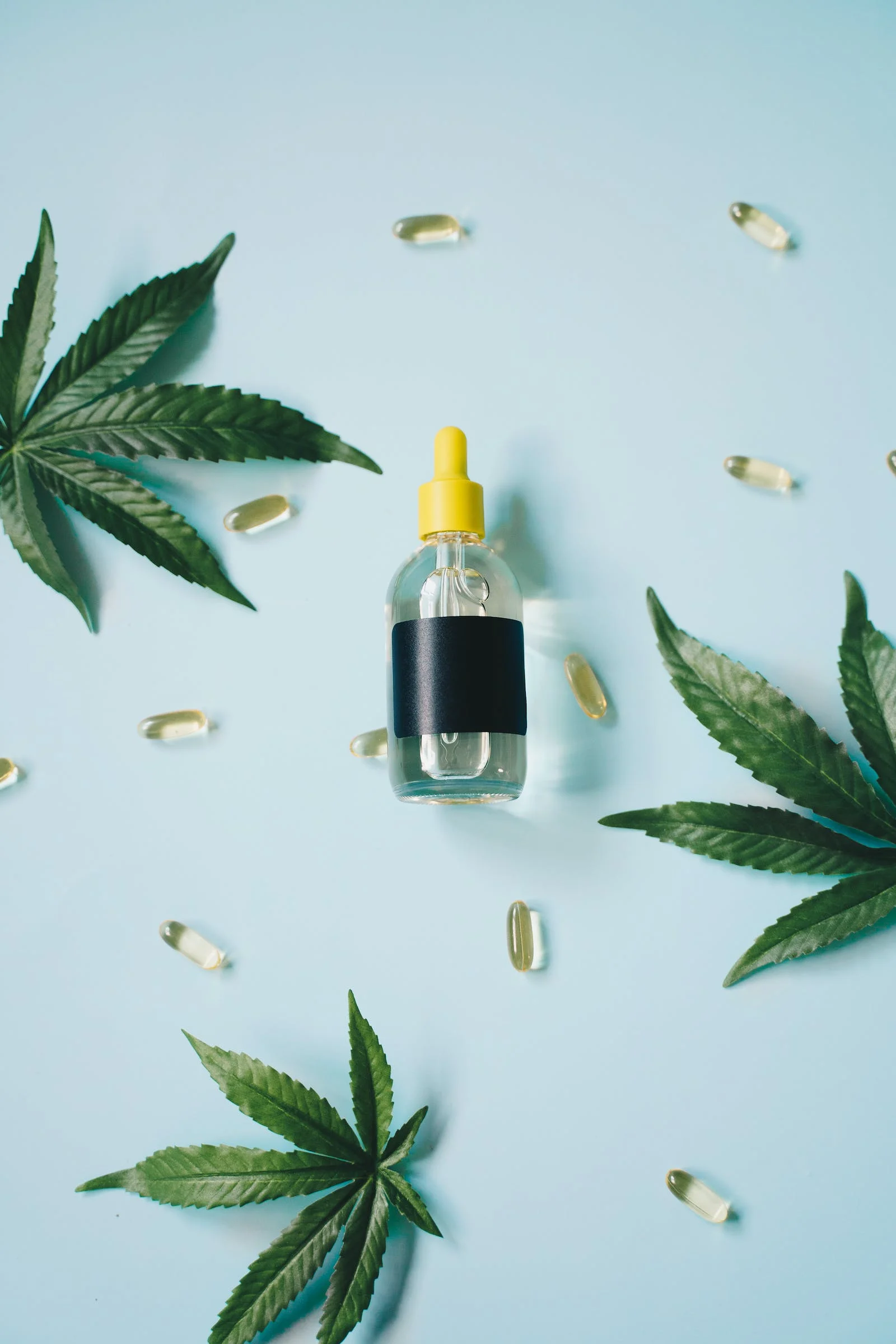Cannabis use disorder (CUD) is a condition that occurs when an individual uses cannabis in a way that causes significant impairment or distress. According to the Diagnostic and Statistical Manual of Mental Disorders, 5th Edition (DSM-5), CUD is characterized by a cluster of symptoms such as cravings, tolerance, withdrawal, and using larger amounts of cannabis than intended.
CUD severity can be classified as mild, moderate, or severe, based on the number and severity of symptoms experienced. Mild CUD involves the presence of 2-3 symptoms, moderate CUD involves 4-5 symptoms, and severe CUD involves 6 or more symptoms.
Individuals with mild CUD may experience cravings, difficulties with controlling their cannabis use, and may spend significant amounts of time obtaining, using, or recovering from cannabis use. They may also experience social or interpersonal problems related to their cannabis use, such as conflicts with family or friends. However, individuals with mild CUD are generally able to function relatively well in their daily lives and do not typically experience significant impairment or distress.
Moderate CUD involves the presence of more symptoms, such as using cannabis despite knowledge of negative consequences, giving up important activities in favor of cannabis use, or continuing to use cannabis despite persistent physical or psychological problems. Individuals with moderate CUD may experience significant impairment or distress as a result of their cannabis use and may require professional treatment to address their symptoms and achieve recovery.
Severe CUD involves the presence of multiple symptoms that significantly impair functioning and cause severe distress or impairment in multiple areas of life. Individuals with severe CUD may experience significant physical or psychological problems related to their cannabis use, such as respiratory problems, psychosis, or depression. They may also experience legal problems, such as arrests for drug-related offenses. Individuals with severe CUD typically require intensive professional treatment to address their symptoms and achieve recovery.
Treatment for CUD may involve a combination of behavioral therapies, medication-assisted treatment, and support groups. Behavioral therapies such as cognitive-behavioral therapy (CBT) and motivational enhancement therapy (MET) are effective in helping individuals with CUD develop strategies for managing cravings, improving self-control, and addressing underlying psychological issues that may contribute to their cannabis use.
Medication-assisted treatment, such as the use of opioid antagonists like naltrexone or buprenorphine, may also be effective in reducing cannabis use and managing withdrawal symptoms. Support groups such as Narcotics Anonymous or Marijuana Anonymous can provide a valuable source of peer support and encouragement for individuals in recovery from CUD.
CUD is a complex and multifaceted condition that can vary widely in severity and impact on individuals’ lives. Mild, moderate, and severe CUD involve different levels of impairment and distress, and may require different types and levels of treatment to achieve recovery. With proper treatment and support, however, individuals with CUD can achieve lasting recovery and improve their overall health and well-being.



